
(segment "Glorie")
Czech comedy fantasy directed by Jiri Krejcik et al.

návštěvník vinárny
Concert master Karel Mašek is a drunk, as well as engineer Danda and other regular guests of the pub U Kroců. Mašek returns from the pub in the morning and promises the woman that he will stop drinking. But he failed again, and the orchestra players refuse to play with him. Danda returns home without a bag and goes to Krocs again in the morning, even though he has an important job at work. He has been degraded to subordinate job position, but he refused to admit it at home.
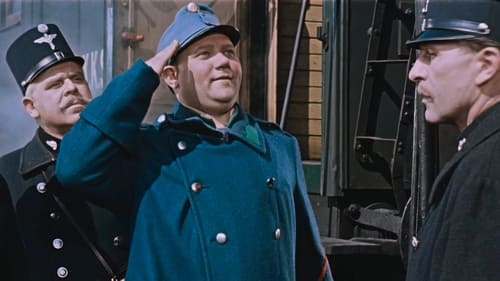
závodčí
A comedy based on the novel of Jaroslav Hašek's The Good Soldier Svejk happens during the World War I. I Dutifully Report: In the introduction to the second part of the film adaptation of Hašek's novel The Good Soldier Švějk presents his main character Josef Švejk. With the distinctive traditional Czech cartoon character of a soldier Svejk, this time you meet on the way to the front and eventually right in the firing line. You can look at his famous train events, and also probably the most famous episode of the novel, Švejk's Budějovice anabasis. Don't miss the scene with the secretly bought cognac, the episode with Svejk as a fake Russian prisoner of war, including the court scene, and the scene in which lieutenant Dub is caught in a brothel. Despite the criticism, Steklý's adaptation is undoubtedly the most famous and memorable at present.

A family movie about a group of young children responsible for the bear cubs training in the Prague Zoo.

harmonikář
Good-natured and garrulous, Švejk becomes the Austrian army's most loyal Czech soldier when he is called up on the outbreak of World War I -- although his bumbling attempts to get to the front serve only to prevent him from reaching it. Playing cards and getting drunk, he uses all his cunning and genial subterfuge to deal with the police, clergy, and officers who chivy him toward battle.

driver at the construction director

celník Martínek
A selfish self-centered widowed ruler, barely tolerated by his subjects and called appropriately enough, 'King Myself, First' asks his three daughters to name the measure of their love for him. When one of them says, "more than salt", he banishes her from the kingdom. Not understanding what she meant the King assumes love can only be measured by precious metals or one's own talent, the 'correct' answers from his other two daughters. The arrogance of the King leads him to gather all the salt in the kingdom and destroy it. Of course, this backfires as he slowly learns the universal value of the substance, and of course, the essence of his daughter's reply. With the help of the wise and magical old 'herb woman', the King also learns what it means to be a true and wise ruler.

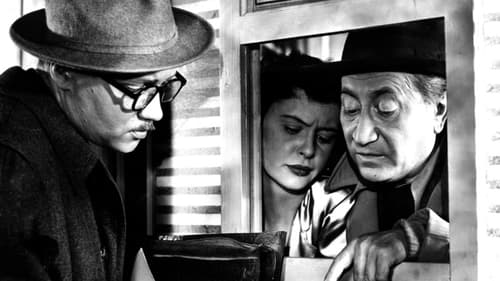
A few bus-loads of holidaymakers from the agricultural cooperative on a day trip arrive to see the show at the Slavia Circus. But, they have bad luck. It is Monday, the day on which the employees have their extra day off.

Shopkeeper
The movie describes proletarian life in the Czech Lands after World War I.

Vezen
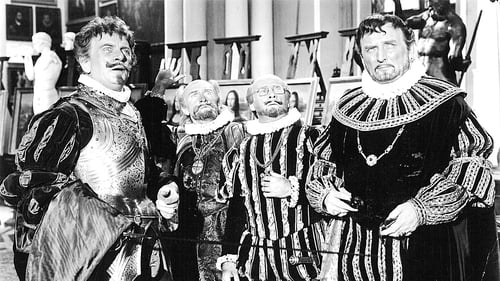
The Emperor's mismanagement of his country is provoking some in his court to plot to overthrow him. He feels successful, at least, when he discovers the legendary Golem, which he believes can protect him and even cure his imaginary illnesses but, when he disappears while on a bender, his kindly baker, who looks just like him, is mistaken for him, and begins to put things in order. However, the conspirators, not to be outdone, determine to bring the Golem back to life to do their bidding.

Jindřich Baďura

A writer of pulp crime novels is drawn into a series of real crimes. This film was one of the first Czech attempts on a genre parody.

Franta Kalina

Janda Pilát
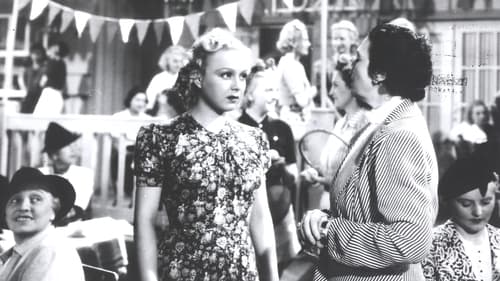
tramp

Václav

zpěvák
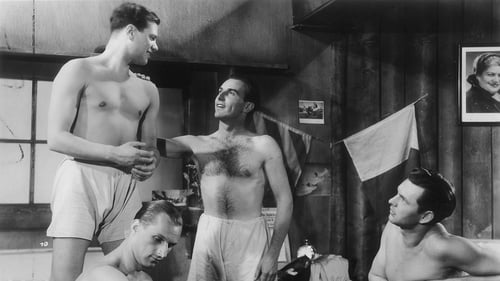
Jarda Klapzuba

Prokop

asistent režiséra

Franta Bulín

Julius Kopřiva

Lyricist

Ferry

Silvestr Blažek

Ferda

Jiří

Ferdinand Brázda

Toník

Alois

Mrázek
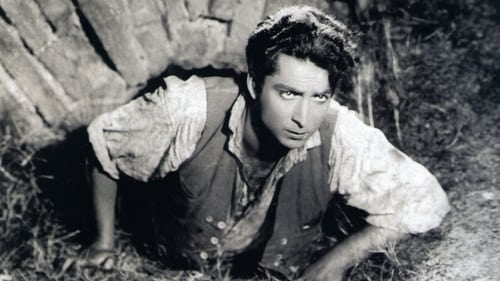
Life and drama in a gypsy camp with the groups young lady falling in love with an outsider.







